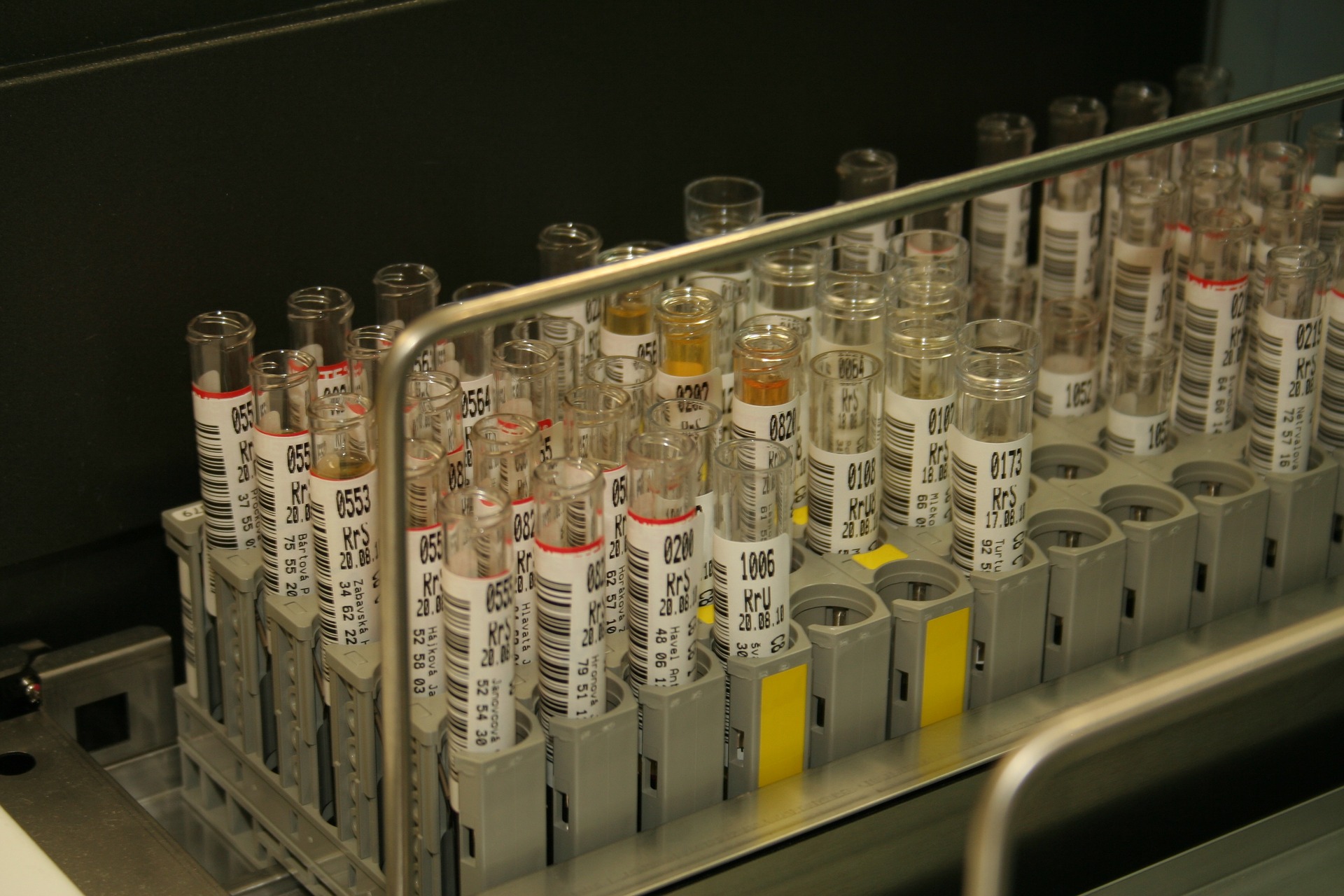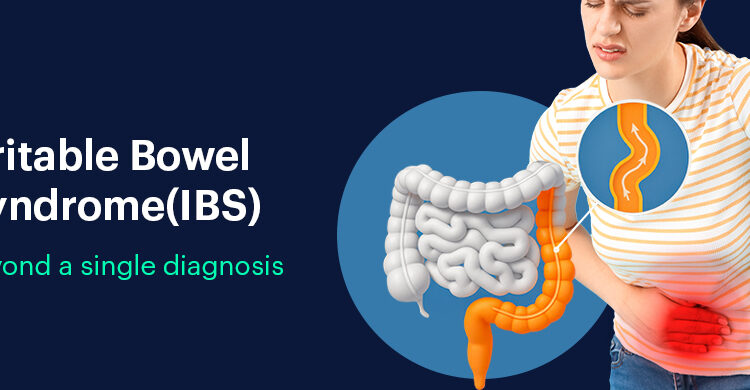Noctiva a nasal spray for adults with nocturnal polyuria has been approved by the US Food and Drug Administration. Noctiva is desmopressin acetate which is given in a nasal spray form for adults who awaken at least twice in the night for urination. This is the first approved treatment for this condition by FDA. [1]
Nocturia which occurs in many conditions such as congestive cardiac failure, poorly managed and controlled diabetes mellitus, certain drugs and diseases of the prostate or bladder.
WHEN TO CONSIDER THIS SPRAY
Noctiva should be considered after healthcare providers have evaluated each patient for other possible causes of nocturnal and optimize the therapy for these underlying conditions that maybe contributing to frequent night time urination.
Desmopressin acetate is taken daily roughly about 30 minutes prior to bedtime. However, it is necessary to understand that desmopressin cannot be given for all reasons causing this night time urination. All the patients should be discussed completely with the healthcare provider before Noctiva can be chosen as the form of therapy.
Noctiva is approved only for adults who have nocturia caused by nocturnal polyuria. This can be confirmed by the health care provider by taking a 24 hour urine collection if this test has not been taken earlier.
NOCTIVA IS UNSAFE FOR CERTAIN CONDITIONS
Healthcare providers should be careful of certain conditions such as congestive cardiac failure and excessive consumption of fluids which can cause nocturia. This drug has tendency to cause hyponatremia and hence this drug is not safe for such conditions. Desmopressin acetate should not be given to pregnant women who complain of nocturia.
This drug has been approved with a boxed warning and Medication Guide stating that it can cause low sodium levels in the body.[1]
Doctors should check patient’s sodium level before starting treatment with Noctiva and should periodically check sodium level one week and one month after initiation of treatment. It is advisable to start a lower doses of Noctiva especially in the elderly patients or those who are at an increased of hyponatremia. These include individuals who use certain medications such as loop diuretics or glucocorticoids, patients with kidney damage and those who have electrolyte imbalances in their body.
EFFICENCY OF THIS DRUG
This drug’s effectiveness was studied and determined in a 12 week randomized trial, placebo controlled trial in more than 1000 patients who were aged 50 years older who complained of nocturia due to nocturnal polyuria. The trials demonstrated a slight reduction in the average number of night time urination with desmopressin in comparison with placebo. Most patients who used this drug were able to reduce by one half of their night time urinations. Certain side effects were observed during the clinical trial of this drug such as nasal discomfort, symptoms of cold and congestion of the nose. Temporary stoppage of this drug is advised until symptoms of cold resolve. Other adverse effects include high blood pressure, back pain, nose bleeds, bronchitis and dizziness.
There are other medications which contain desmopressin acetate however none of which has been approved by the FDA [1] to treat nocturia.
Credit: Dr. Rachita on behalf of Borderless Access
Copyright © 2017 BorderlessAccess






